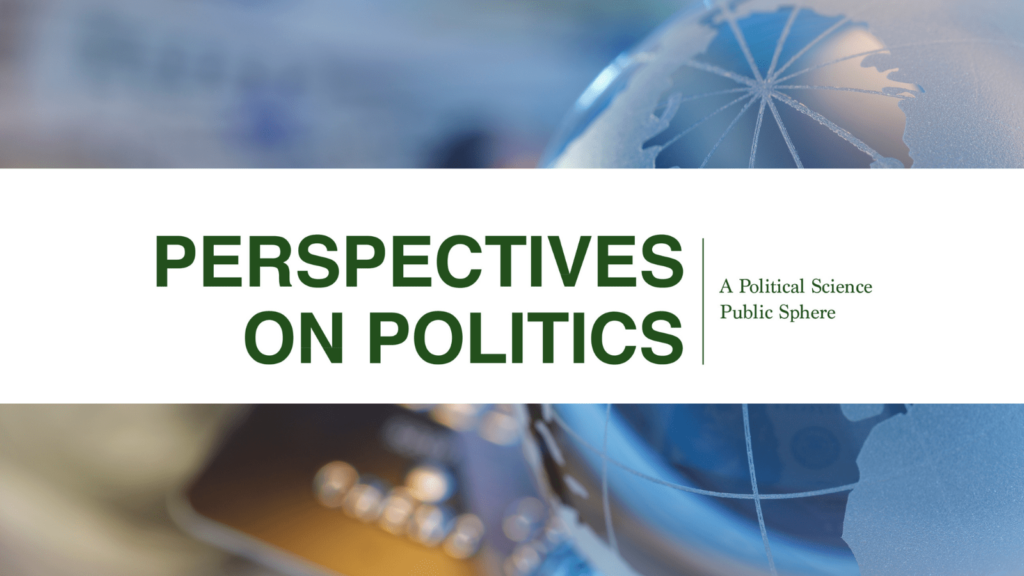Does political diversity prevent blood donation?
Sung Eun Kim of Korea University and Krzysztof Pelz of Oxford University
Does political diversity affect the prevalence of selfless behavior across societies?Recurring findings from social capital research show that ethnic diversity reduces prosocial behavior. We ask whether the same is true for partisan identity by looking at blood donation, which is frequently used as a proxy for social capital. This question is particularly timely. The United States is currently experiencing its worst blood shortage in more than a decade. Using research of more than 275,000 people in the United States from 2010 to 2020, and a pre-registration survey of an additional 3,500 respondents, we found that all measures of social diversity were prosocial. showed that they do not have similar effects on behavior. There is mixed evidence that a region’s proportion of immigrants is associated with lower blood donations by U.S. citizens, with no negative impact on racial diversity. In contrast, political diversity appears to be very important. Specifically, when an individual’s partisan position is far removed from the average political identity in their state or commuting area, and when they perceive themselves to be a political outlier within their community. , individuals are less likely to donate blood. Emotional polarization is known to strain social interactions with people outside your party. As we show, depending on the local partisan composition, it can also be a tax on large-scale prosocial behavior.

